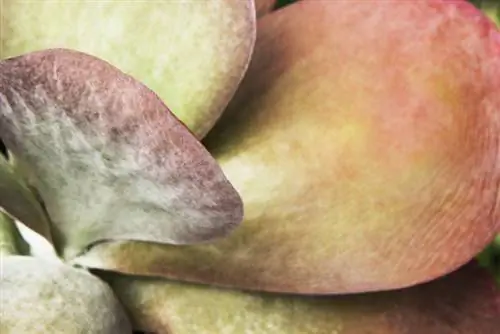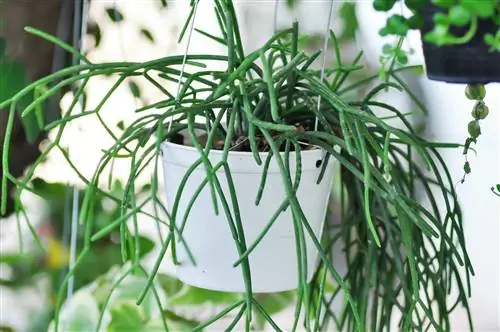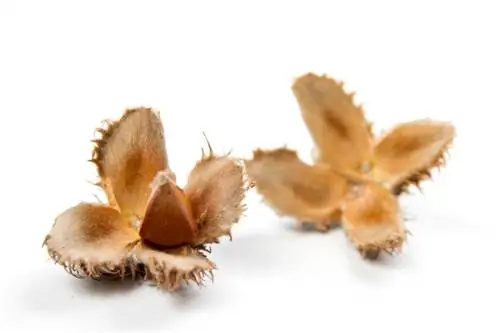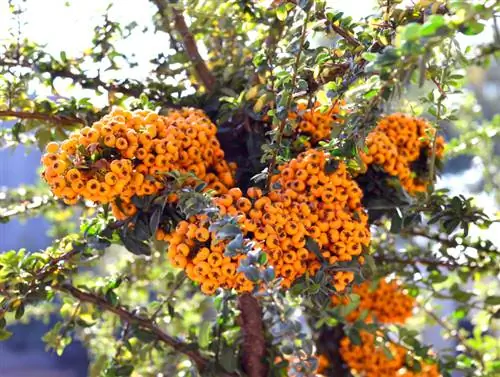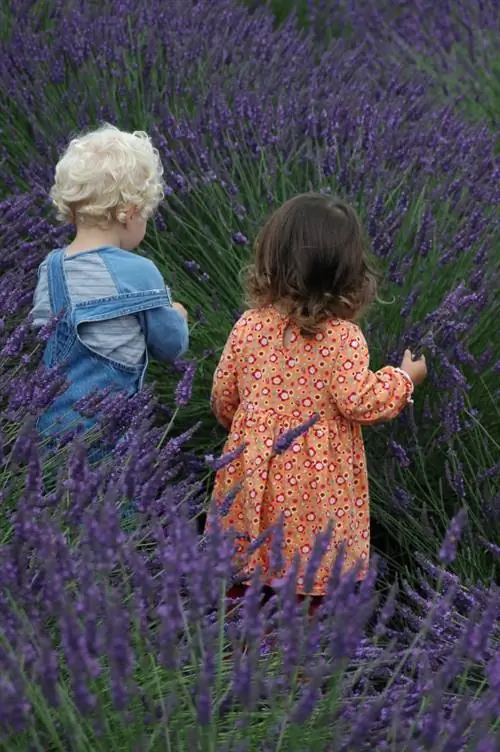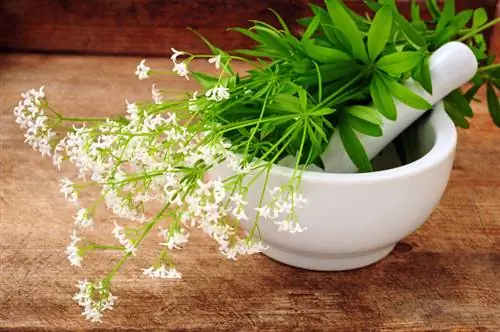- Author admin [email protected].
- Public 2023-12-16 16:46.
- Last modified 2025-01-23 11:21.
This pretty Kalanchoe, also known as desert cabbage, is one of the most attractive representatives of its kind. If it is bright enough, the edges and gradually the surfaces of the thick-fleshed leaves turn deep red. The white-yellow flowers grow in dense clusters.
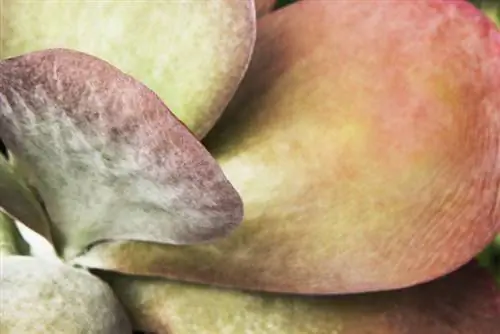
Is the Kalanchoe Thyrsiflora poisonous?
The Kalanchoe Thyrsiflora, also called desert cabbage, is slightly poisonous because it contains glycosides. Consumption can cause digestive problems and cardiovascular disorders in humans and animals, with children and pets being particularly sensitive.
Kalanchoe Thysiflora is slightly poisonous
Even if the German name desert cabbage would suggest that this plant is even suitable for human consumption, this is unfortunately not the case. The Kalanchoe Thysiflora is slightly poisonous. Glycosides are contained in all parts of the plant.
These can be:
- Indigestion and/or
- Cardiovascular disorders
lead. Children and pets are particularly sensitive to these substances.
Tip
It is always advisable to place houseplants so that they cannot be reached by small children or animals living in the household. If you accidentally eat plants and experience symptoms as a result, consult a doctor immediately, as the transition between harmless and severe intoxication is fluid.

